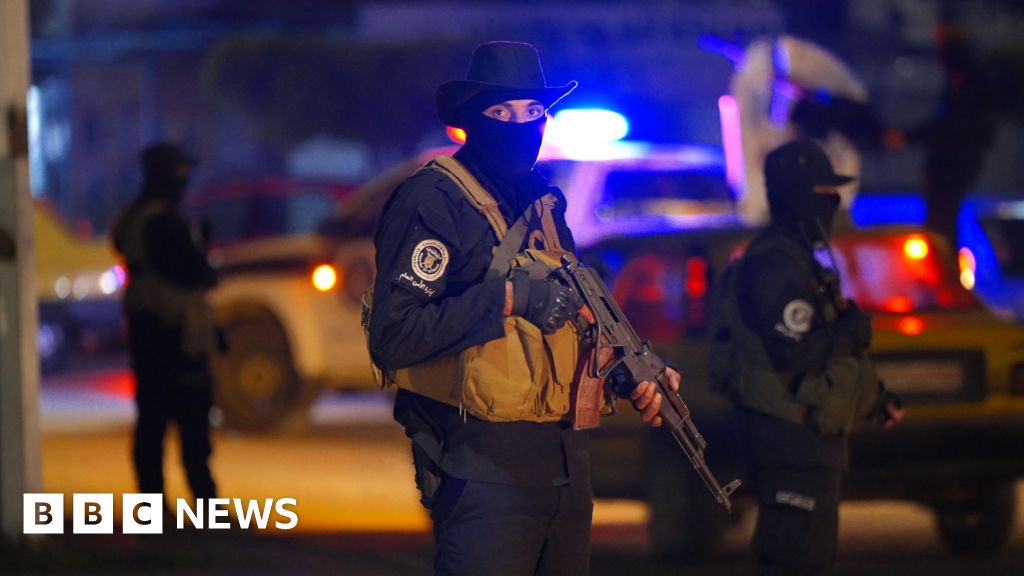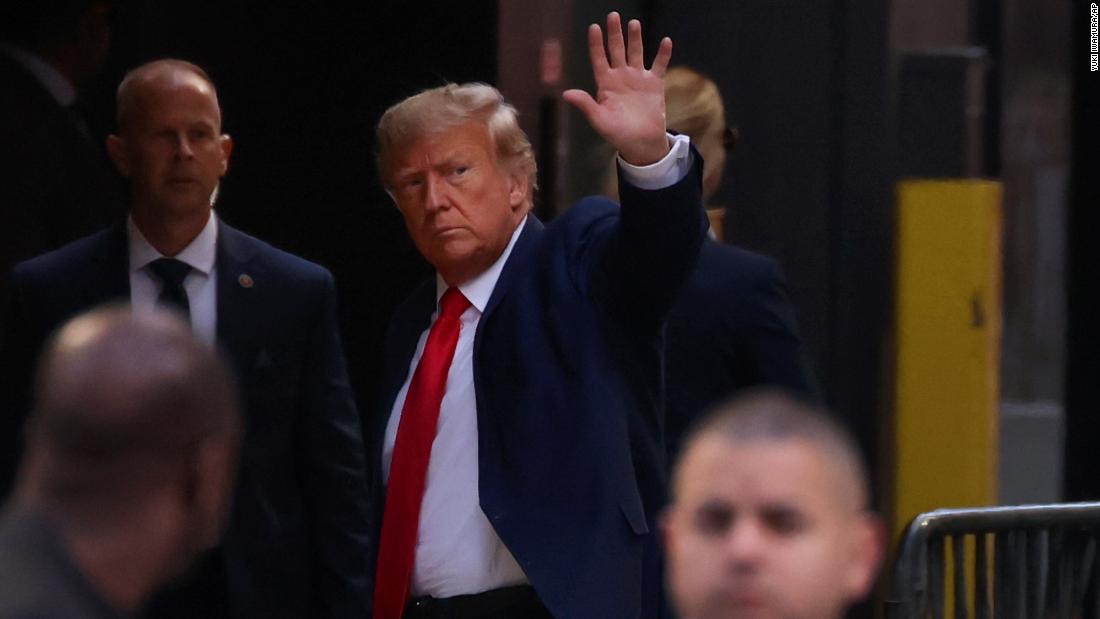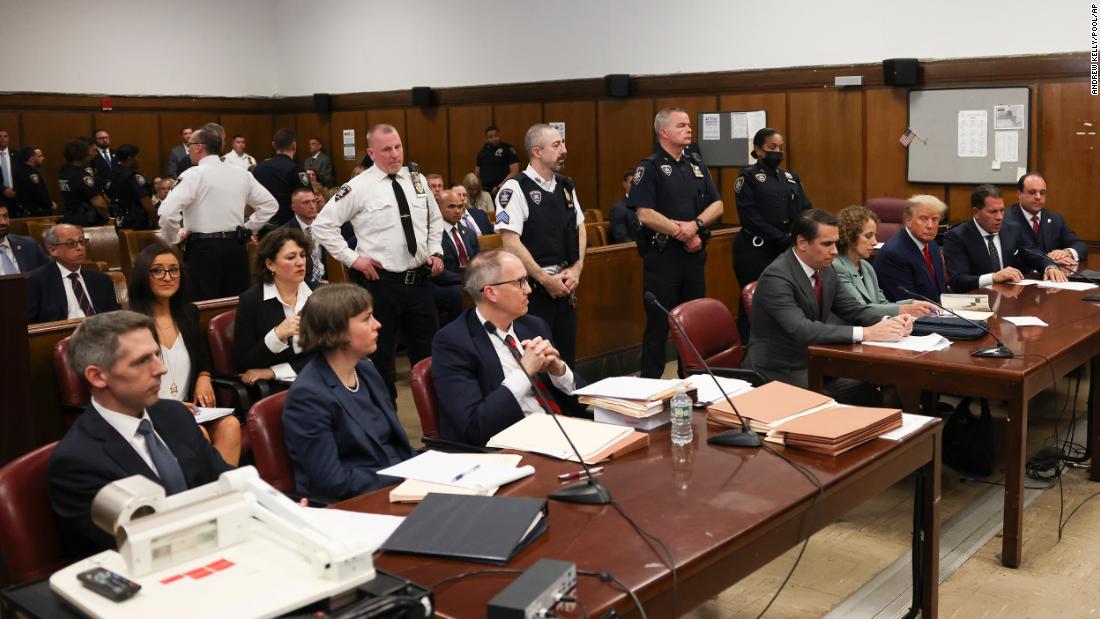Boston’s incumbent mayor received a rousing endorsement for re-election from a Hall of Famer and adopted son of the city, while another opponent, the scion of New England’s most successful sports owner, is facing an uphill battle to sway voters.
On Thursday, Red Sox icon David Ortiz came out in support of Michelle Wu, a Democrat who was elected to the office in 2021. The two held an endorsement ceremony at Fenway Park, but just as notable was the social media post where the duo recalled Ortiz’s famous speech days after the Boston Marathon bombing in April 2013.
Wu’s main competition for re-election is Josh Kraft, who is also running as a Democrat and previously donated to her successful 2021 campaign. Kraft, son of Patriots owner Robert Kraft, is the president of the New England Patriots Foundation, one of several philanthropic arms of the Kraft empire.
While endorsements from prominent sports figures are nothing new for federal elections, they are less common at the local level. However, Ortiz’s endorsement is the second of its kind in nearly as many months.
In March, Nick Saban, the former Alabama Crimson Tide head coach and current ESPN College GameDay analyst, endorsed Walt Maddox, the Democratic incumbent mayor of Tuscaloosa, in his re-election bid. Maddox won a sixth consecutive term in that office.
Kraft’s bloodline is not his only sports connection to the mayoral election. An April 1 report from the Boston Herald claimed that NHLPA executive Marty Walsh had been “informally advising” Kraft and was rumored to be endorsing him.
The younger Kraft would have the insights of Walsh, who served as Boston’s mayor from 2014 through 2021. He left City Hall to become former president Joe Biden’s labor secretary until 2023.
Kraft is also leaning on support from another leader in the sports world, New Balance owner and chairman Jim Davis, who donated $1 million to his super PAC, Your City Your Future. Davis has spent millions to support election bids from Democrats and Republicans over the last 20 years, largely to moderate or conservative candidates, including $400,000 to Donald Trump in the 2016 presidential election. New Balance was founded and remains headquartered in Boston.
Kraft, who largely grew up in the city’s suburbs, became a Boston resident in 2023, just two years before the election.
One major point of contention directly related sports is the redevelopment of White Stadium as the future home for NWSL expansion franchise Boston Legacy FC. The city-owned venue is undergoing a $200 million renovation that’s being funded by the city as well as Boston Unity Soccer Partners, the investment group backing the club. The project has faced opposition from community groups within the Franklin Park neighborhood, where the proposed stadium would be built. They are voicing anger about a public facility being revitalized primarily for private business. (Plans call for the stadium to still be used by Boston Public Schools when the soccer club is not in town.)
While Wu has supported the development, Kraft had sided with the opposing groups, going so far as to call for canceling Boston Legacy’s lease to the stadium.
Ironically, on Sunday, the Kraft family unveiled its plans for a 24,000-seat soccer stadium for the New England Revolution in Everett, a town just north of the city. Last July, the Massachusetts state senate approved an economic development bill that included land for the stadium along the Mystic River. Already supported by the state House that previous June, Gov. Maura Healey (D) signed the bill in November.
Although Josh Kraft has name recognition and has worked in philanthropy in the metro area for three decades, Wu is a popular mayor who has gained favor with more liberal voters for her condemnations of President Trump, who has made illegal immigration the focal point of his second term in office. Trump has gone after Boston and other Democratic-led metropolises for being “sanctuary cities.”
Both Wu and Kraft are Democrats, but all mayoral candidates, regardless of party, face off in a single preliminary election in September before the top two vote-earners go on to the municipal election in November. No incumbent mayor in Boston has lost a re-election bid since 1949.









 English (US) ·
English (US) ·